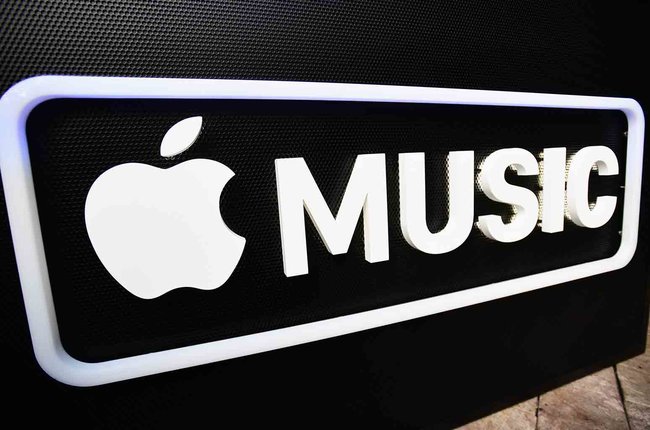It won't be long now until Apple Music is the No. 1 music streaming service in the United States, according to a new report. The Wall Street Journal cites people familiar with both companies in reporting that Apple Music's growth rate for U.S. subscribers has risen to 5 percent, outpacing Spotify's 2 percent, which, if it continues, would lead Apple to overtake the Swedish service this summer.
Apple has not commented on its specific growth rate, but did reveal to the WSJ that it now has 36 million subscribers globally, up from 30 million since September. The company also does not break out sub totals geographically, so it's unclear how many of those are in the U.S. alone. Spotify also keeps a tight lid on regional breakdowns, but last month boasted on Twitter of reaching 70 million paid subscribers, meaning it is in no imminent danger of losing to Apple worldwide.
A Spotify rep declined to comment on the new report, while Apple Music did not immediately respond to questions about its growth.
Some form of Apple Music is available in 115-or-so countries, while Spotify currently is up and running in 61.
Late last week, Apple reported its biggest quarter yet with revenue of $88.3 billion despite a slight decline in iPhone sales compared to the previous year. The company's services category, which includes Apple Music subscriptions and iTunes download sales, brought in $8.47 billion during the quarter, up 18 percent year over year.
Spotify's busy year ahead includes a long-awaited initial public offering, but it also has a dark cloud over its IPO in the form of several copyright-infringement lawsuits worth over $1 billion -- hurdles it may want to overcome before heading to Wall Street.
News of Apple Music's success in converting users of its iPhone -- where the streaming service is pre-loaded -- comes as on-demand audio streaming now comprises the majority of overall music consumption (album sales + track equivalent albums + on-demand audio streaming equivalent albums) for the first time in history, capturing a 54 percent share in 2017, according to Nielsen Music.
This article originally appeared on Billboard.






